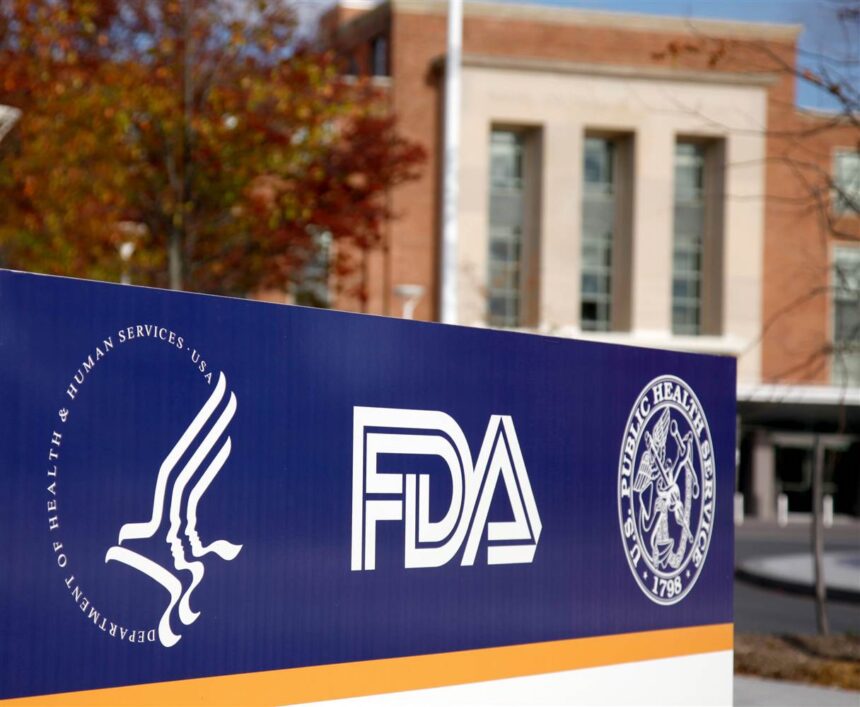In 1883, the Chemistry Division of the US Department of Agriculture began taking the producers of consumer goods to task. With few regulations to hold them back, laboratories were producing vaccines that killed people, food producers were selling meat packed under grossly unsanitary conditions.
The same year Upton Sinclair published his expose of the meatpacking industry, The Jungle (1906), President Theodore Roosevelt signed into law the Pure Food and Drug act, which gave the Division of Chemistry broad oversight over the production of consumer goods. In 1927 the Division was reorganized into the Food, Drug, and Insecticide Organization. Three years later, the bureau’s name was shortened to the one by which we know it today—the Food and Drug Administration (FDA).
Today the FDA enjoys an annual budget in excess of $3 billion and exercises regulatory authority over one quarter of all consumer goods sold in the US, about $2.4 trillion in total value of goods. It’s one of the most consequential regulatory bodies in the US government.
More industries than you might expect must comply with FDA regulations to operate and sell their products in the US. Here are six industries that rely heavily on FDA approval—some you might expect, some that might surprise you.
1. Cosmetics
Cosmetics do not require FDA approval to come to market in the US, but that doesn’t mean the cosmetics industry is free from FDA scrutiny. Two laws that fall under the purview of the FDA apply to the cosmetics industry.
The Federal Food, Drug, and Cosmetic Act (FD&C Act) clarifies the difference between a “cosmetic” and a “drug” (the latter of which does require FDA approval). The FD&C Act also makes it unlawful to market cosmetics that are adulterated or misbranded across state lines.
“Adulteration” refers to the product intentionally or unintentionally becoming contaminated by poisons, toxic materials, putrid or unsanitary materials, or harmful dyes. “Misbranding” applies to false, incomplete, misleading, or hard-to-find labeling.
The Fair Packaging and Labeling Act (FPLA) also empowers the FDA to require cosmetic producers to label their products with lists of ingredients or else fall afoul of the “mislabeling” provision of the FD&C.
2. Food
A few types of food businesses do not fall under FDA regulatory jurisdiction. The FDA does not regulate farmer’s markets, while grocery stores, restaurants, and food trucks fall under state and local jurisdiction.
Companies that import, manufacture, process, store, or pack food, however, do have to clear FDA hurdles to remain compliant under Federal law, including:
- Prior notice of shipments.
- Record keeping.
- Good manufacturing practices, including sanitary production conditions.
- Proper labeling.
- Reporting requirements of food conditions.
- Preventative controls to avoid health hazards.
Some companies or their practices may be exempt from FDA regulatory scrutiny, but most companies that handle food products intended for consumption by humans or animals, including dietary supplements, must bend the knee to the FDA.
3. Medical Devices
The arm of the FDA that regulates the production and sale of medical devices is called the Center for Devices and Radiological Health (CDRH). FDA regulations actually define what constitutes a “medical device” for the purpose of regulation.
Additionally, the FDA divides medical devices into three classes—Class I, Class II, and Class III, in ascending order of risk. Class I medical devices will receive the least scrutiny, Class III medical devices the most.
The main FDA requirements for medical devices include registration and listing. The FDA will also conduct field investigations to confirm that the devices meet quality and manufacturing standards, as well as labeling requirements.
The FDA is also tasked with checking import databases to determine if certain devices must be inspected before they clear US customs.
Orthogonal breaks down the application of FDA regulations as they pertain to software in a medical device as opposed to software as a medical device.
4. Pharma
It’s right there in the name, and for a reason—drugs are strictly regulated by the FDA. Not only do regulations define what constitutes a drug as opposed to a cosmetic, but unlike cosmetics drugs must be approved by the FDA to be legal for prescription and sale in the US.
The FDA’s Center for Drug Evaluation and Research (CDER) bears the burden of being the watchdog of the American pharmaceutical industry. Their purview includes dispatching experts to examine the facilities, procedures, and controls that a pharmaceutical company employs in the development and manufacture of a drug, as well as assessing the likelihood that it will be harmful to humans before it can enter human trials.
FDA approval involves an analysis of the targeted condition and an assessment of the risk of the compound in question. Several conditions can result in an accelerated approval process, including:
- Fast Track, a designation for drugs that may fill a serious and unmet medical need based on promising animal or human trials.
- Breakthrough Therapy, a designation for drugs that may represent a significant improvement over existing treatments.
Such drugs may qualify for priority review, resulting in action within 6-10 months.
5. Manufacturing
You might not expect that the manufacturing industry would be accountable to the FDA if the product in question isn’t a food product or a drug. However, the FDA does have purview over products that might be a source of a different kind of health hazard—radiation.
Many medical devices, like MRI or X-ray machines, are known to produce radiation, but the potential for radiation isn’t limited to medical devices. Products that might produce radiation harmful to humans if improperly manufactured include:
- Televisions
- LCDs
- Laser pointers
- Smoke detectors
- Sun lamps
- Tanning beds
The FD&C Act authorizes the FDA to inspect for harmful levels of radiation from any electronic appliance that might produce it.
6. Veterinary Medicine
A separate wing of the FDA, the Center for Veterinary Medicine regulates the care and medication of animals, both for the health and safety of the animals and for the humans who work with, live with, and (in some cases) eat them or their byproducts.
This regulatory control applies to pets and companion animals, as well as domestic farm or food animals.
Although compliance with the FDA represents a significant regulatory burden for many companies, the products we consume have come a long way in terms of safety and effectiveness thanks to this critical watchdog agency. Understanding how to best thread the compliance needle can help conscientious companies make vast contributions to the health and wellbeing of millions.








